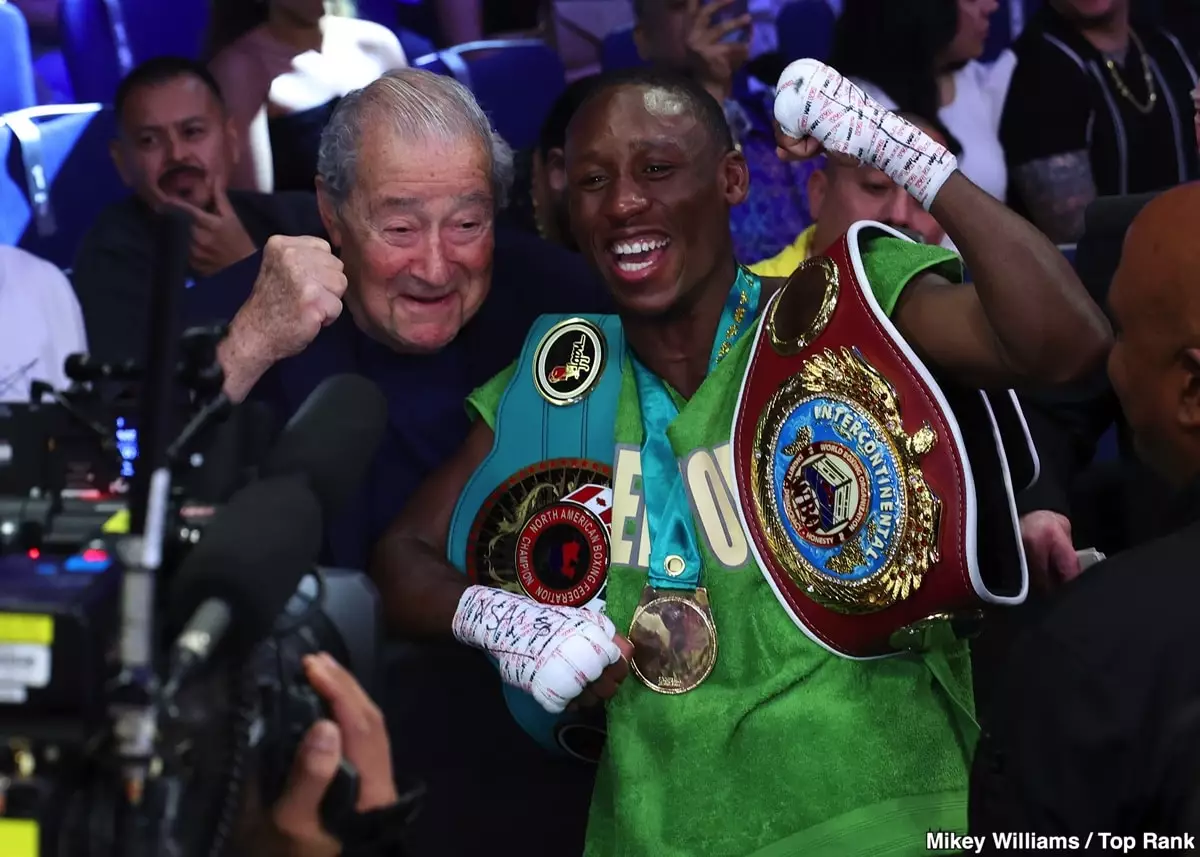The recent standoff between Bruce Carrington and Nick Ball exposes a deeper issue within the sport—a tendency for champions to prioritize comfort over competition. Carrington’s critique isn’t merely about the failed matchup; it touches on the core integrity of boxing as a sport that thrives on challenge and legitimacy. When a champion like Nick Ball opts to defend his belt against opponents who arguably aren’t the most deserving or challenging, it raises doubts about his genuine desire to be considered among the best. Instead, what we’re seeing is a case of title defenses that serve more as placeholders than as meaningful tests of skill. Ball’s reluctance to face Carrington, a true rising contender eager to prove himself, suggests an underlying fear of losing the belt he might be milking for all it’s worth.
The Power Dynamics and Management Tactics
The role of managers and promoters often skews the competitive landscape, and in this scenario, the signals are stark. Carrington’s team made a strategic offer, which was seemingly accepted in principle but met with stonewalling once the financials were discussed. This pattern, where a fighter’s team appears to want the belt but avoids real challenges, diminishes the importance of the title itself. The gamble to defend against aging, less motivated opponents instead of aspiring contenders suggests an unwillingness to test true worth, perhaps motivated by the financial security that comes with holding a belt without defending it against the sport’s sharpest competition. Such tactics undermine the credibility of the division and frustrate fans who crave authenticity and greatness.
The Demoralizing Impact on Fans and Aspiring Fighters
Fans follow boxing not just for entertainment, but for the hope that champions will push their limits. When top fighters seemingly sidestep each other, it breeds cynicism and disillusionment. Carrington’s pointed criticism highlights that the division currently suffers from a lack of meaningful matchups, and this gap severely impacts the sport’s integrity. The absence of true contenders willing to challenge the status quo tarnishes the legacy of those holding titles and diminishes the sport’s future stars’ chances to shine. Moreover, the complacency shown by champions like Ball discourages ambitious fighters, who see little incentive to chase greatness if the path is blocked by superficial defenses and strategic avoidance.
Who Really Benefits—and Who Loses?
In this landscape, it’s clear that the only winners are the champions who avoid serious threats. By choosing easier opponents, they prolong their reign and maximize revenue, but at what cost? The sport’s integrity, reputation, and the fighters’ legacies all suffer when titles are defended against opponents who aren’t the division’s top talents. Carrington’s case exemplifies how motivated fighters strive for meritocracy and genuine competition. His outspoken critique isn’t just about his personal ambitions but about advocating for a model where the best fighters face each other regularly, creating compelling narratives and elevating the division.
In the end, the real question isn’t whether Carrington will get his shot, but whether the sport will recognize that true greatness demands more than just holding a belt. It demands courage, challenge, and a willingness to face the very best—something current titleholders seem hesitant to do. Without a shift in this attitude, the sport risks becoming synonymous with complacency, rather than the thrilling spectacle of relentless pursuit of excellence it once championed.

